There’s a certain comfort in trusting the people who live around you. In normal times, trusting your neighbors feels like common sense. They’re the ones you wave to across the yard, the folks who collect your mail when you’re out of town, and maybe even lend a hand when fixing a fence or clearing some storm debris. It’s natural to believe that in tough moments, that same neighborly spirit will hold strong.
But when a serious crisis hits, everything familiar starts to look different. Fear creeps in, supplies run low, and the people you thought you knew can start acting in ways that catch you off guard. Community behavior in emergencies doesn’t always follow the rules of everyday life. When desperation takes over, survival instincts kick in, and even the most trustworthy neighbor might begin to see your stockpile as their salvation.
That’s exactly why we’re going to dig deep into this topic. In the sections ahead, we’ll unpack how trusting neighbors in crises can quickly become a dangerous gamble. You’ll see why it’s so important to read the signs early, understand the risks, and protect your family when neighborhood safety during disasters starts to feel like it’s hanging by a thread.
Desperation Changes Everything
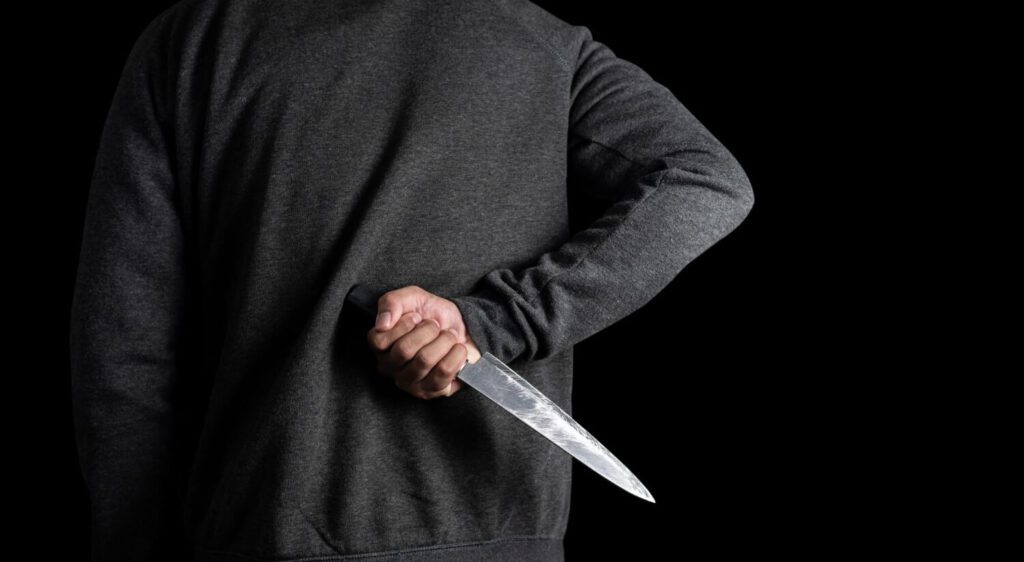
Crises have a way of stripping life down to the raw essentials. The routines and familiar faces that once gave comfort start to fade as survival moves to the front of everyone’s mind. When the shelves go empty and the power cuts out, people stop thinking about neighborly courtesies. Instead, they focus on their survival, and trusting neighbors in crisis becomes far riskier than most would expect.
That’s why it’s crucial to keep your daily routines as normal as possible, at least on the surface. If you’re making supply runs or tightening security, do it quietly and stagger your actions to avoid drawing unwanted attention. Behavioral camouflage keeps you off the radar when others start getting desperate.
It’s tough to admit, but even the neighbor you’ve known for years might change under pressure. When their family’s well-being is at stake, panic and desperation creep in fast. That same person who once offered you extra firewood might start looking at your emergency supplies differently. Community behavior in emergencies often shifts from cooperation to quiet competition, and it doesn’t take much for lines to get crossed when hunger and fear settle in.
Other Article: What to Do When Your Home Defense Plan Fails
This isn’t about personal grudges, it’s human nature. When survival is on the line, instincts override old friendships and neighborhood bonds. Recognizing this reality early gives you the chance to adjust your approach, keeping a watchful eye before things spiral out of control. Staying aware of these changes is one of the smartest survival preparedness tips you can follow when trouble comes knocking.
Warning Signs You Can’t Ignore
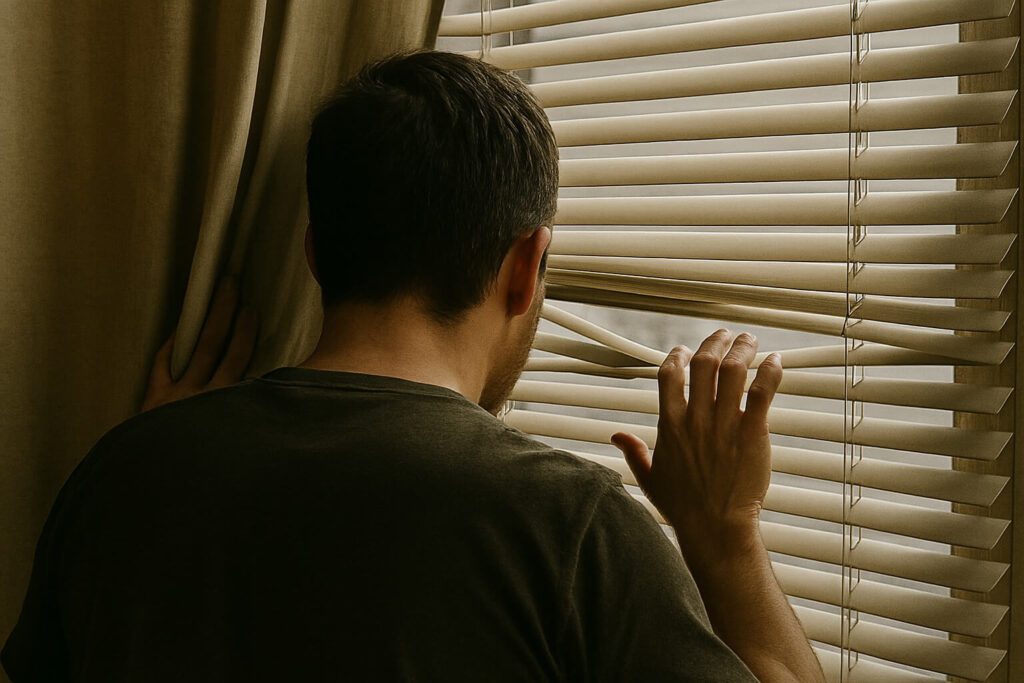
Desperation rarely strikes out of nowhere. It builds quietly, leaving clues before it boils over. If you’re paying close attention, you’ll start to notice subtle shifts in community behavior in emergencies. Neighbors you once trusted might act a little differently, a little too curious about things that never seemed to concern them before. These small changes are early alarms, and they’re not to be brushed off.
When neighbors begin to ask about your supplies, your daily routines, or what your plans are “just in case,” that curiosity can be more than casual conversation. Under normal circumstances, it might feel like harmless small talk. But in the middle of a crisis, questions like these could signal something deeper: they’re thinking about your resources and whether you have something they don’t. In the context of trusting neighbors in crisis, this kind of probing is a clear red flag.
This is where verbal discipline matters. Be friendly but vague in your answers. If they press you for details, resist the urge to fill the silence with too much information. Staying non-specific protects you more than you might realize.
Other Article: Read This Before You Rely on Cheap Survival Gear
Pay attention to unexpected visits, especially ones that feel like they have no real purpose. A neighbor stopping by more often than usual, or their eyes lingering just a little too long on your shed or garage, could be quietly assessing what you have. These friendly check-ins might be less about good neighborly concern and more about scoping out your supplies. In times when neighborhood safety during disasters is shaky, these moments can mean more than they seem.
Finally, don’t ignore changes in mood or behavior. A once-friendly neighbor who suddenly grows short-tempered, secretive, or withdrawn might be feeling the weight of desperation. People under pressure often show stress in their behavior before they take action. Spotting these signals early gives you a critical edge in staying safe and prepared.
Staying Safe While Keeping the Peace
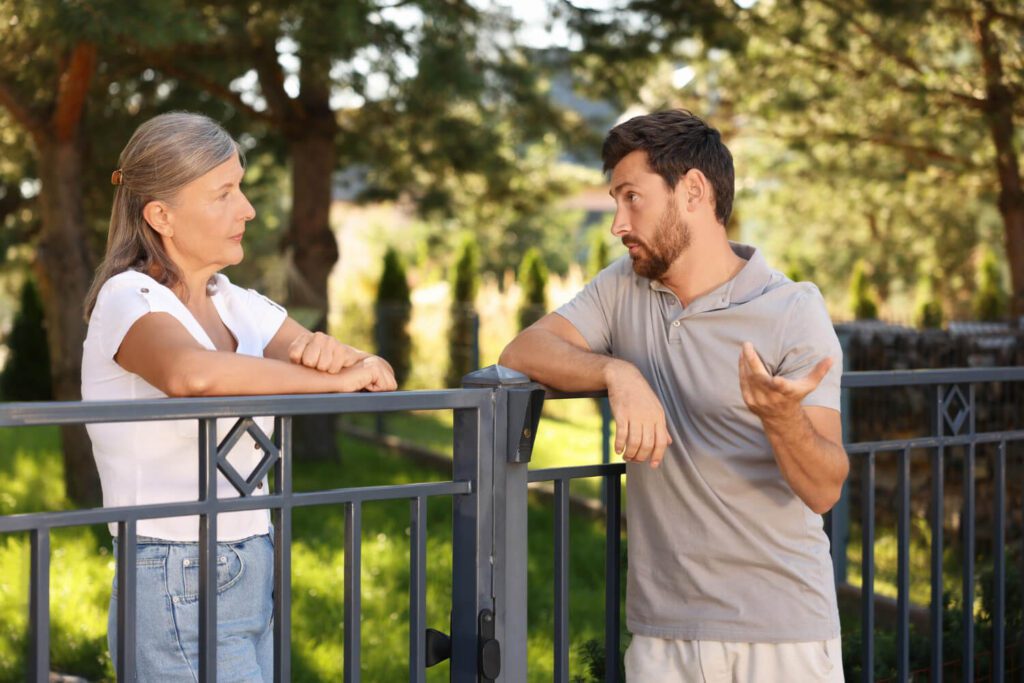
There’s nothing wrong with being on good terms with your neighbors, in fact, it’s smart to keep relationships cordial. But remember, politeness should never come at the expense of your family’s safety. Keep things friendly on the surface, but always stay alert. When you’re trusting neighbors in crisis, you’ve got to balance neighborly manners with sharp instincts.
If a neighbor asks for survival preparedness tips, it’s fine to share general advice, like storing water or having basic first-aid ready, but stop short of giving away your plans. Never mention specifics about your stockpile, how you secure your home, or where you’d go if things get worse. The less people know about your situation, the harder it is for them to see you as a solution to their desperation.
Also, take a hard look at your storage areas. Keep your supplies in unremarkable spaces that blend in with your everyday environment. A plain-looking garage or shed won’t raise nearly as many questions as one that’s reinforced or overflowing with gear. Physical security starts with not attracting attention in the first place.
Building trust is important, but it has to be done carefully. It’s okay to support your community in small, smart ways, but you need to draw a clear line between being helpful and putting yourself at risk. In times of crisis, your priority is keeping your household safe. Select your alliances with care and remember: once information is shared, you can’t take it back.
The Balance Between Community and Safety

Building connections with your neighbors can be a good thing, especially when facing uncertainty. But not everyone in your community should have full access to your trust. The truth is, that trusting neighbors in crisis comes with risks that you can’t afford to ignore. Choose your allies with care, leaning on relationships that have proven reliable over time. Even then, keep the details of your preparedness plans to yourself. The less people know about your supplies and strategies, the safer your household will be.
Your first responsibility is to your own family. Make sure your home is secure and your resources are protected before you consider helping others. When you do offer support, do it cautiously and on your terms. Controlled cooperation allows you to maintain goodwill without opening the door too wide. In times of crisis, this balance between community and caution can make all the difference for neighborhood safety during disasters.
When a real crisis hits, people change. Even the neighbors you’ve known for years, the ones you thought you could count on, might surprise you. It’s not that they suddenly turn bad, it’s that fear and desperation take over. When their backs are against the wall, survival instinct can push them to make choices they never thought they’d make. If you’ve been trusting neighbors in crisis without staying guarded, you could end up facing risks you never saw coming. Seeing that danger early gives you a much better shot at staying safe when the pressure starts to build.
Other Article: Lessons from 2024 to Enhance Your 2025 Preparedness
That’s exactly why you need to keep your plans to yourself and stay sharp about what’s happening around you. If you start to notice changes in community behavior in emergencies, don’t ignore them. Little things, like a neighbor asking too many questions about your supplies or acting a bit off, are your early warning signs. Your first job is to protect your home and your family, no matter what. And don’t second-guess your gut; if something feels wrong, it probably is. When it comes down to it, the folks who pay attention and think a few steps ahead are the ones who come out the

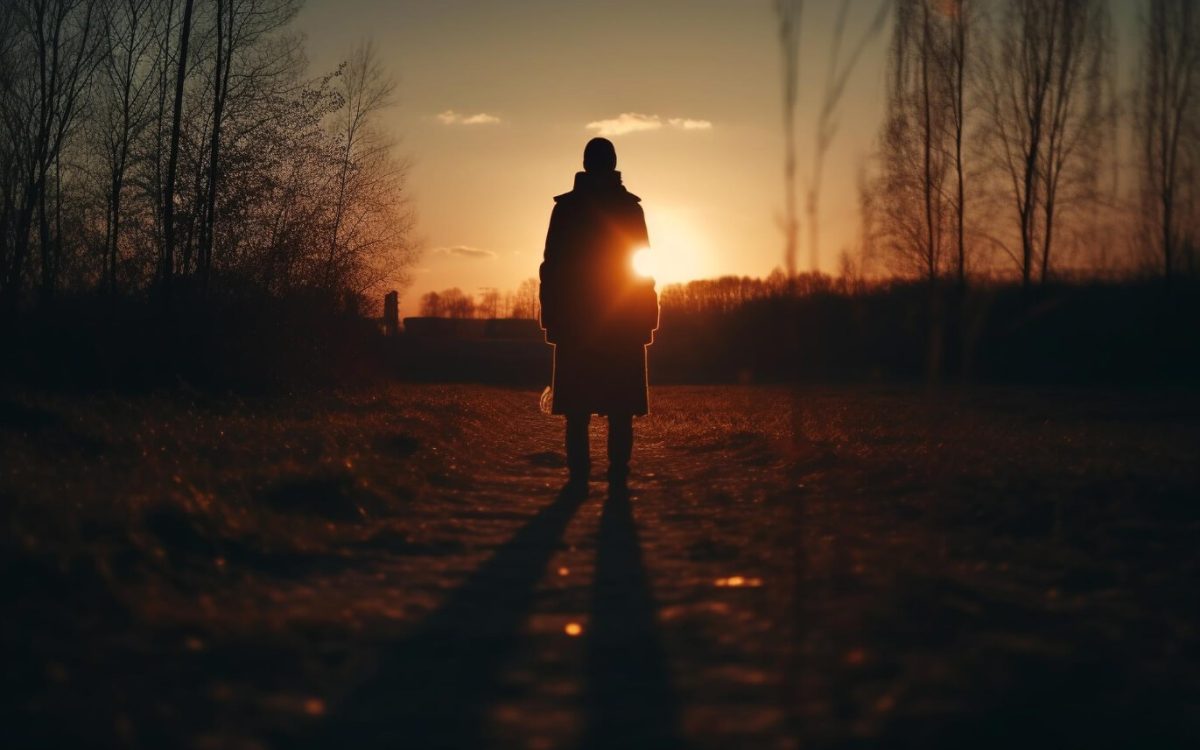
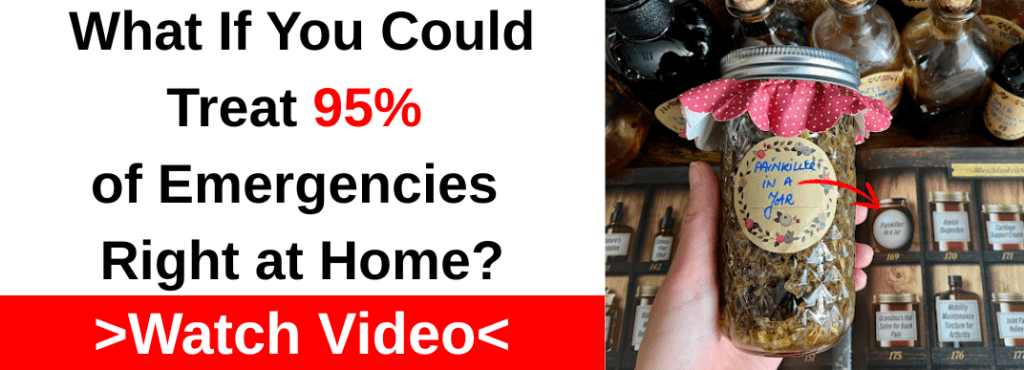

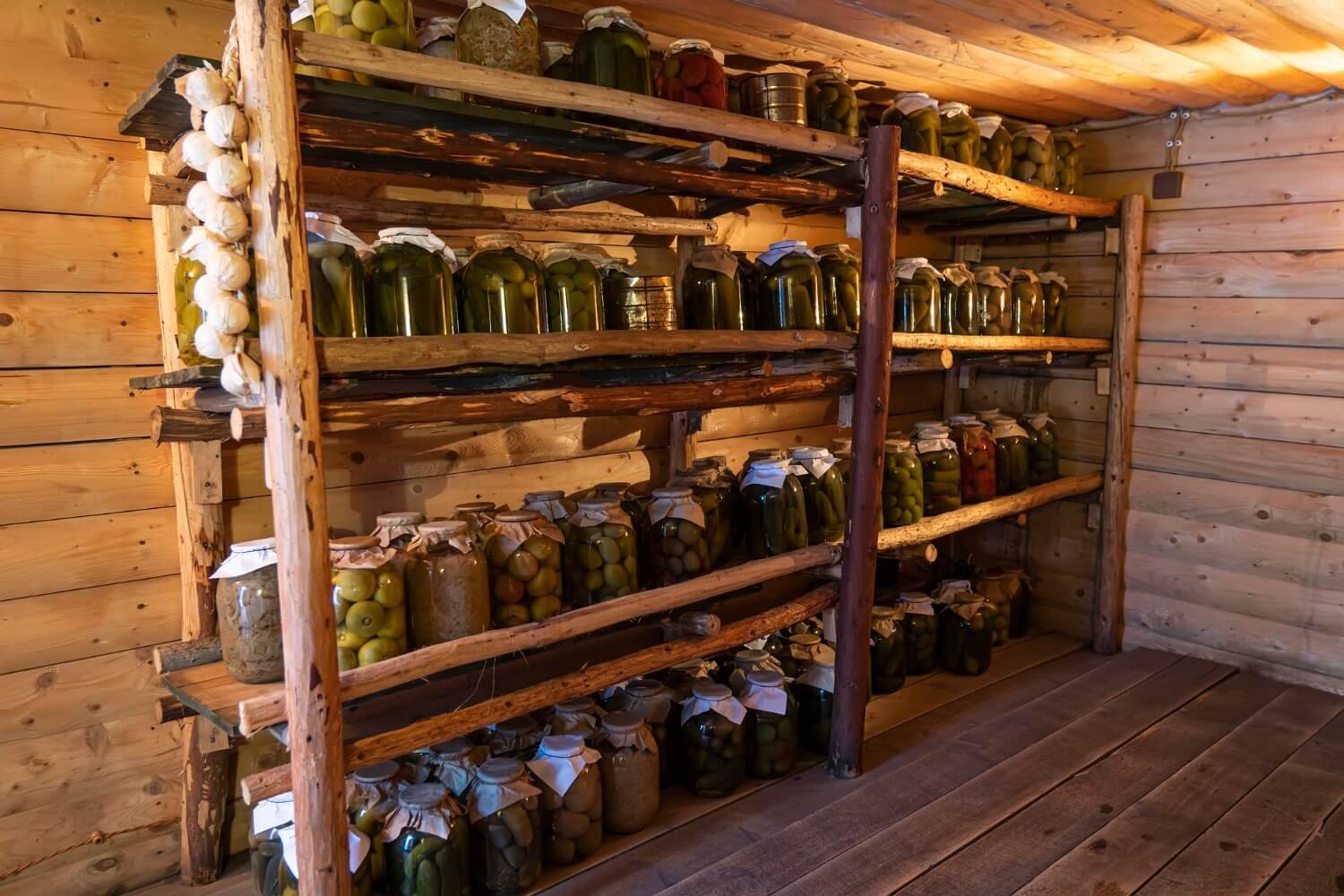
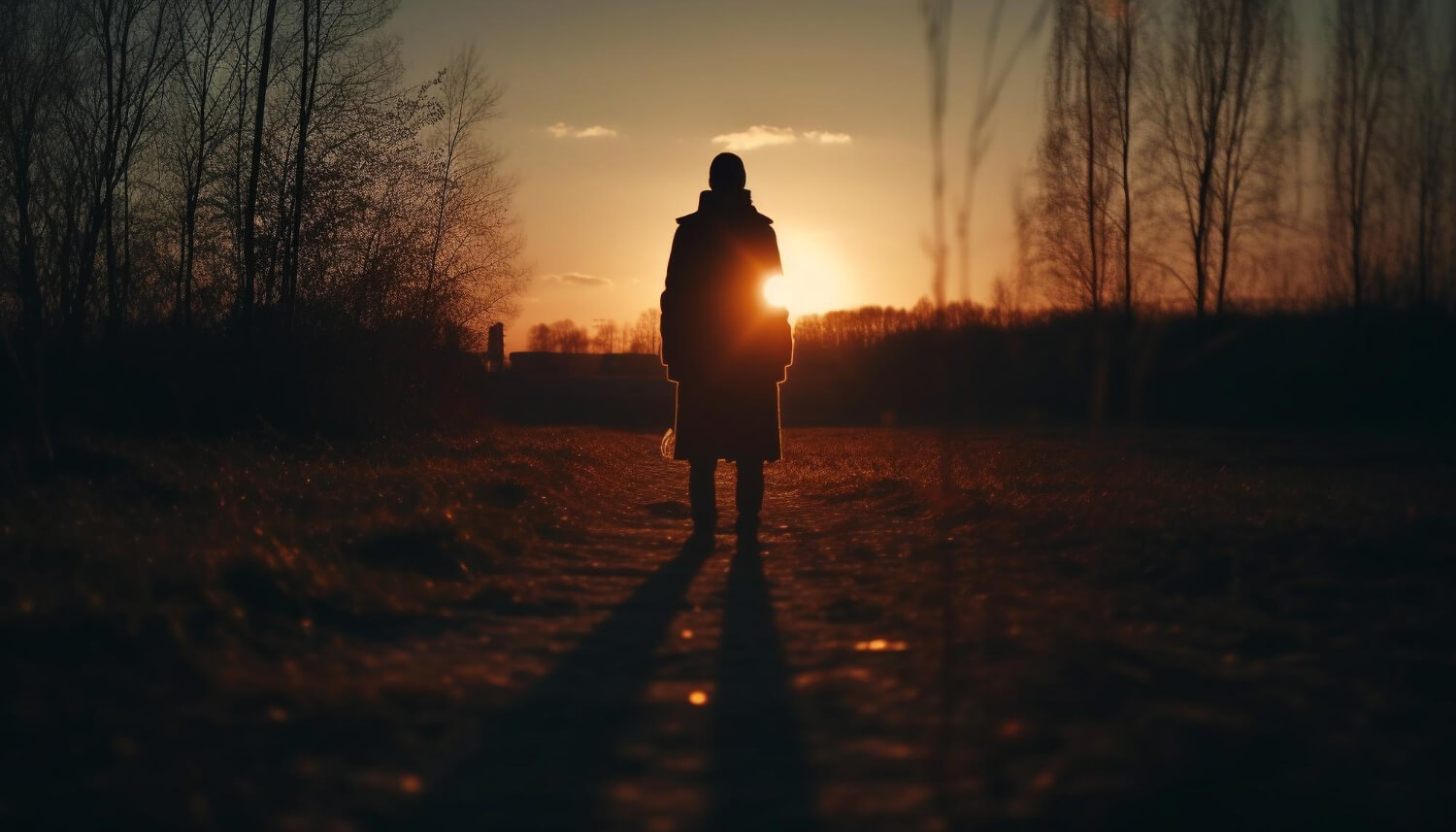
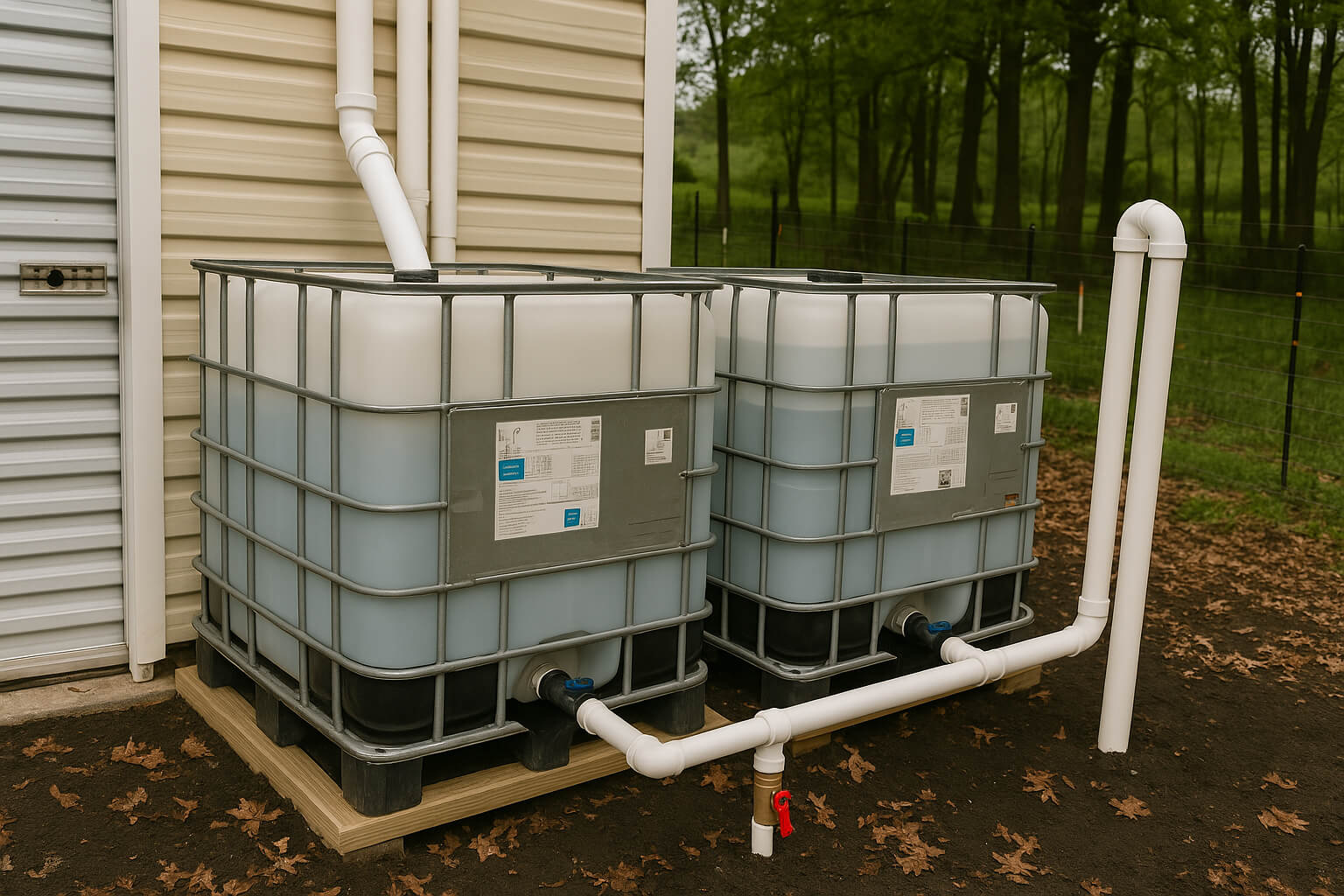
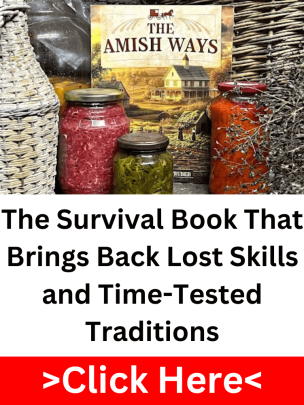

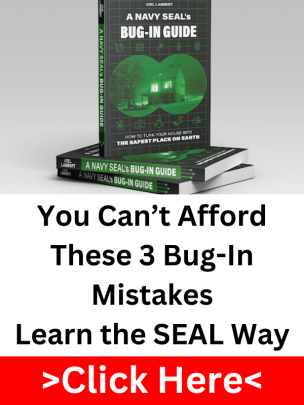

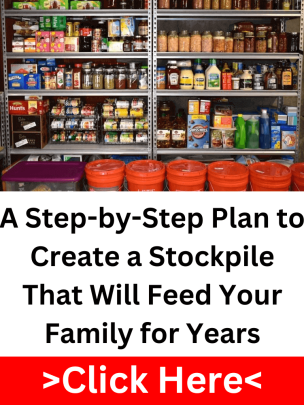




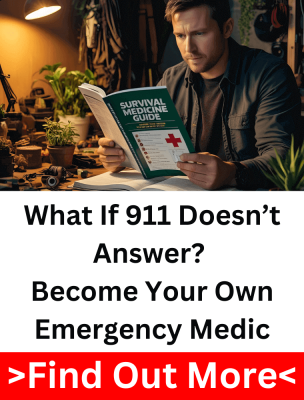
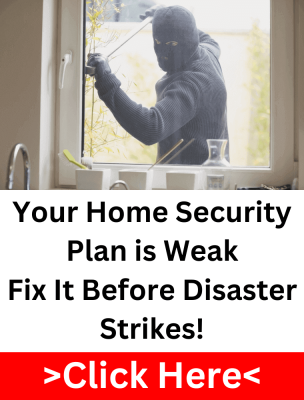
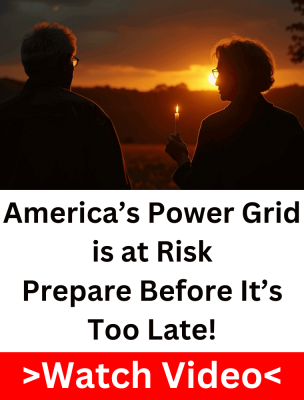

1 Comment
Great article. It always amazes me how much talk so many preppers talk about community in a serious crisis. I understand why they say those things but in my opinion when SHTF big time communities won’t last. Someone will always want more. Someone will always want to be in charge. Someone will always believe that they do more than everyone else so they deserve more. Someone will always want to do as little as possible. It is human nature. I have spent many years preparing and preparing to go it alone.